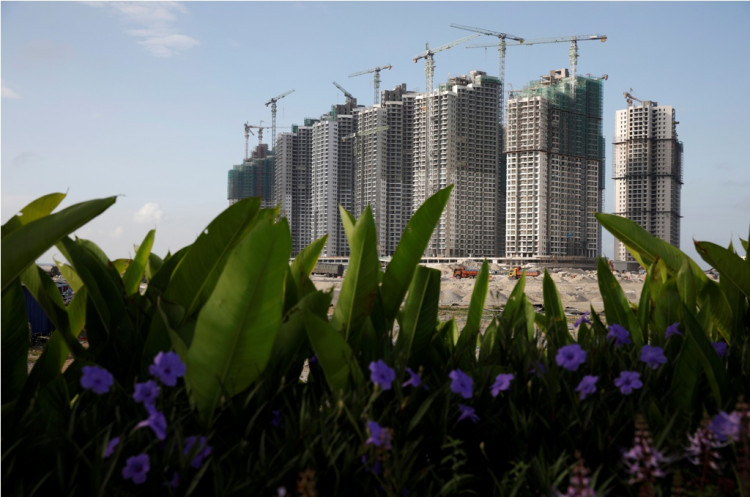Malaysian Finance Minister Lim Guan Eng is positive about the idea of seeing his country bounce back to its Asian tiger status in a matter of three years. He attributed his forecast to the giant jump in direct investments last year.
According to local newspaper The Star, Lim noted that Malaysia saw a 48 percent hike in foreign investments in 2018, accounting for RM80.5 billion in profits. The Minister said such growth only indicates that investor confidence in Malaysia is quite high.
During his keynote address at the Invest Malaysia 2019 Capital Market Forum on Tuesday, Lim said, "2018 figures have been positive despite certain predictions and I think Malaysia's economy is progressing well. We have exceeded consensus estimation even for the previous month."
Lim further explained that the huge increase in overall investments was impacted largely by China and Japan. The two Asian countries accounted for the most investments in the Malay market last year. Lim said he is hoping to see more investments from locals as domestic support will further up the Malaysian economy's heightening momentum.
Just last week, the International Monetary Fund (IMF) heaped praise on Malaysia's seemingly resilient economy. Despite a global slowdown predicted for the global market earlier in January, results from 2018 indicated continued growth for the local market.
The Malay Mail reported that the IMF is expecting to see further growth in the Malaysian economy this year. While international dealings will help with the development, domestic demand will still be the key driver. Improved business environments in the country could also help spur advancement.
The IMF added that the Asian country's economy performed well amid external beatings and even averaged a growth hike of over five percent in the past five years. The increase resulted in a significantly higher per-capita income and an apparent downturn in poverty levels.
On Wednesday, a MIDF Research report predicted that Malaysia's economic growth will reach up to 4.9 percent. According to the New Straits Times, the study suggested that the country's current account surplus could help strengthen the Ringgit against the American dollar by the end of 2019.
While domestic demand will trigger economic growth, researchers are expecting increased international demand from Malaysia's major trading allies, mainly from the ASEAN circle. The study indicated that if the China-U.S. trade dispute ends and a deal is reached, the Malay market will fare even better in the years to come.
The report also indicated that the government's decision to shift its economic direction to an investor-friendly, the free market will have a positive effect on overall business confidence and flow of investments from other countries.






